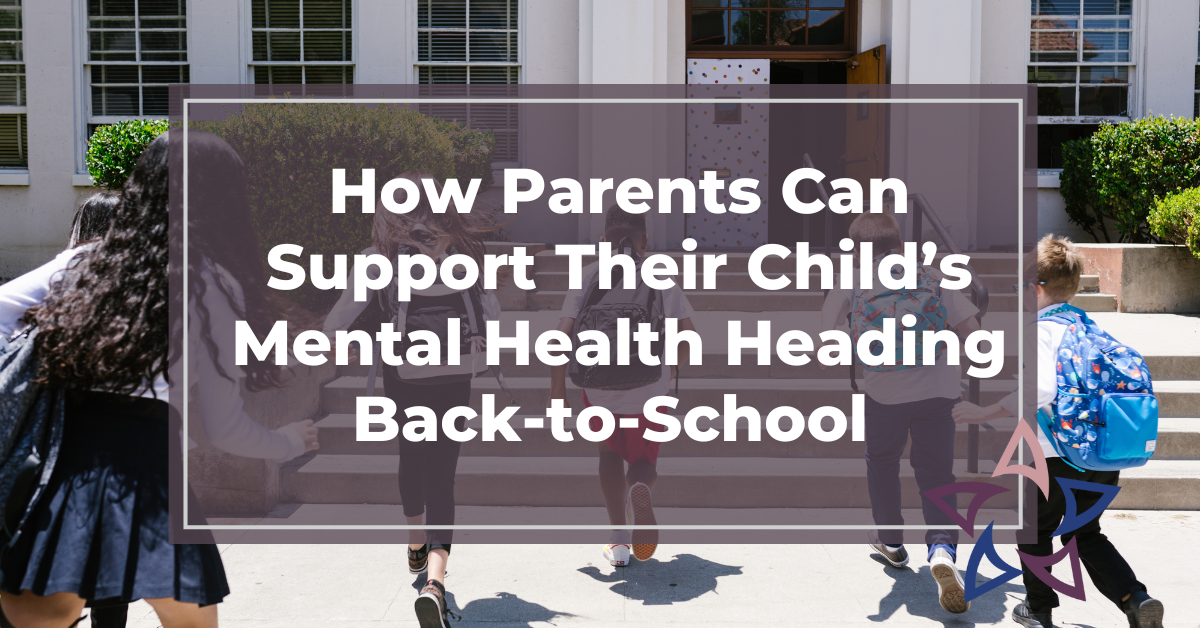
The start of a new school year brings a mix of feelings for kids and parents alike—excitement, nervousness, and uncertainty are all normal. As families prepare for this transition, you, as parents, play a key role in shaping your child’s attitude toward school and helping them feel supported and confident. Below are some practical strategies, inspired by child development and psychology, to make this back-to-school season as smooth and positive as possible.
1. See Things from Your Child’s Point of View
Every child experiences back-to-school differently. Younger kids might feel separation anxiety, while older ones could worry about friendships or schoolwork. Take time to listen to your child’s concerns without judgment. Acknowledge their feelings and provide reassurance.
Tip: Open-ended questions like, “What are you most excited or nervous about?” can help spark meaningful conversations.
2. Create Predictable Routines
Kids thrive on structure—it helps them feel secure. In the days leading up to school, gradually adjust their bedtime, wake-up time, and daily schedule to match school routines. Establishing a calm morning routine with tasks like getting dressed, having breakfast, and preparing their backpack can set the tone for a smooth day.
Why It Works: Predictable routines provide a sense of control during times of change.
3. Prepare Together with a Checklist
Involve your child in getting ready for the school year. Shopping for supplies, organizing a study space, and packing their bag together can reduce uncertainty and build excitement. It’s also a great way to encourage responsibility.
Tip: Let them pick a special item, like a new backpack or favorite notebook, to add a personal and fun touch.
4. Normalize Worries and Teach Coping Skills
It’s normal to feel nervous about school. Let your child know it’s okay to feel this way and teach simple strategies like deep breathing or positive self-talk to manage anxiety. Sharing your own experiences with overcoming challenges can also help them feel supported.
Why It Helps: Naming emotions (e.g., “I feel nervous”) can make them feel less overwhelming and improve emotional regulation.
5. Get Familiar with the School
Helping your child feel comfortable with their school environment can ease fears. Attend orientation events, meet the teacher, or walk around the school grounds together. For younger kids, practice the drop-off routine to build confidence.
Tip: Highlight fun aspects of school, like making new friends or exploring favorite subjects and activities.
6. Foster a Growth Mindset
Encourage your child to view the school year as an opportunity to grow. Emphasize effort over perfection, and help them set small, achievable goals, like learning a new skill or improving in a subject. Celebrate their progress along the way.
Why It Matters: Praising effort builds resilience and a love for learning.
7. Strengthen Social Skills
Navigating friendships can be one of the trickiest parts of going back to school. Role-play common scenarios, like introducing themselves or joining a group, to help your child feel more prepared. Encourage them to approach peers with empathy and kindness.
Tip: Arrange playdates or casual meet-ups with classmates before school starts to rebuild social connections.
8. Encourage Independence
While it’s natural to want to guide and protect your child, giving them chances to make decisions boosts their confidence. Let them choose their outfit, pack their lunch, or decorate their school supplies.
Why It’s Important: Encouraging autonomy helps build self-esteem and problem-solving skills.
9. Stay Positive and Confident
Kids often mirror their parents’ emotions. If you approach the school year with optimism and confidence, your child is more likely to feel the same. Focus on the positives and try not to show your own worries in front of them.
Tip: Frame challenges as opportunities, e.g., “I know starting middle school feels big, but I’m so proud of how ready you are to take this step!”
10. Keep the Conversation Going
Support doesn’t stop after the first day. Make it a habit to check in regularly about your child’s experiences, friendships, and academics. Use these moments to celebrate their successes and address any concerns together.
Tip: Mealtimes or bedtime can be great opportunities for open-ended chats about their day.
Final Thoughts
The back-to-school season is an exciting journey for both you and your child. With a mix of structure, support, and independence, you can help them start the year feeling confident and ready to thrive. Your encouragement and involvement will make all the difference—not just in academics, but also in their emotional well-being.
Here’s to a school year full of growth, learning, and meaningful connections for your family!

Star Psychology offers a wide range of psychological services, but Dr. Cunha truly believes in personalized solutions. If your issues are not fitting in the evaluations above or you have any concerns, please contact Dr. Cunha for a complimentary consultation.


